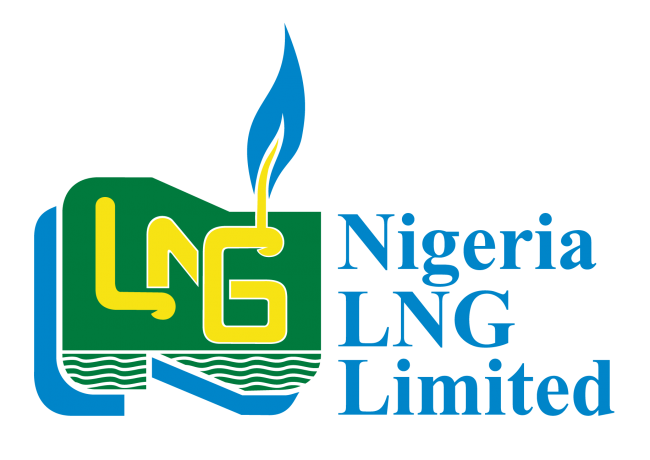The Nigeria Liquefied Natural Gas (NLNG), has said that it will increase the use of Liquefied Petroleum Gas (LPG) or cooking gas to three million tonnes annually in five years.
The Managing Director, Mr Tony Attah, disclosed this to newsmen during the Domestic LPG Implementation Stakeholders Workshop in Abuja with the theme “Unlocking the Opportunities in Domestic LPG Value Chain’’.
According to him domestic gas consumption in the country was low but said the situation would be changed in line with international operations.
“Before our interventions as NLNG, this country was consuming about 50,000 metric tonnes of gas per year but today we are at 400,000 tonnes.”
“We have done a research working with our consultant; we believe that we can move up to more than three million metric tonnes per year within the next five years and you take it from there.”
“”The future we see is a vision that there is cooking gas in every home in Nigeria, helping to move the country forward and diversifying the economy,’’ he said.
The NLNG boss dispelled the fears that use of domestic gas was risky, noting that the company would scale up awareness on proper handling of the product.
He said there was the commercial risk but that the one that concerned the consumer was the safety risk, noting that government was in a position to initiate policies, fiscal positions and terms to mitigate the risks.
Attah noted that the private sector could partner the public sector towards the use of domestic gas everywhere in the country.
“By far the biggest risk that most potential consumers would worry about is the safety risk, but I can say quite clearly that most of the safety risk will be tied to awareness.”
“A huge campaign will follow this workshop to help Nigerians understand how to use LPG,’’ he said.
Attah said NLNG was interested in unlocking the potential of gas utilization in the country, adding that the country had over 186 trillion cubic feet of gas reserves with scope for another 600 trillion standard cubic feet.
“We are a country that has so much gas and has started to do something with it which is why we at NLNG exist, but we believe that we can do much more.”
“That is why we are contributing to opening up the LPG space and helping the country move forward on this platform,’’ he said.
Also, Mr Gbite Adeniji, the Senior Technical Adviser to the Minister of State for Petroleum Resources, said the workshop would be of immense benefit to the country.
“We are at a point now in the nation’s economy where we need to start getting LPG penetration into the wider society and into the wider economy.”
“So this workshop will basically discuss where the government is, policy-wise, and also work with the private sector to bring out an implementation programme around the policy objectives of government for LPG penetration.’’
He said that the government was keen on a very quick rollout of LPG in order to improve the per capita income of the citizens.
According to him, the workshop will come up with measurable and actionable plans for rollout of LPG.
Adeniji also said that “LPG is actually safer than all other forms of fuels; adding that it is healthier, cheaper and more available than any other fuel.
“If we are able to wipe out biomass, firewood and all other forms of fuels like kerosene and use LPG it will be of immense benefit to everybody at home.’’
He said gas meant so much for people as it could be used for cooking, transportation and other industrial applications.
















